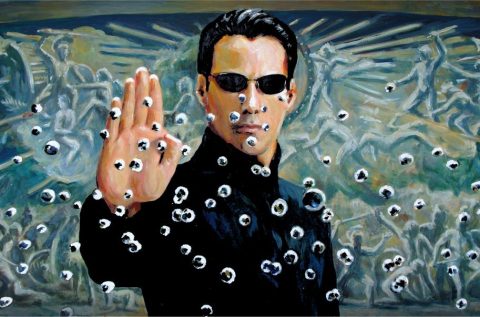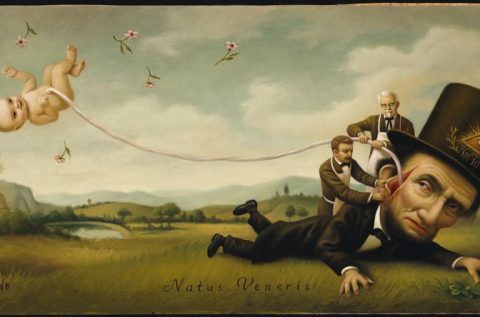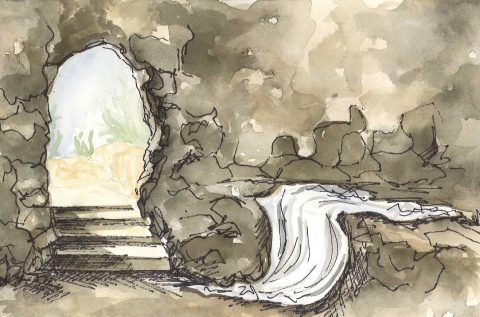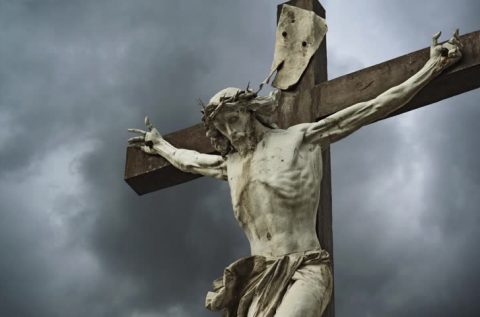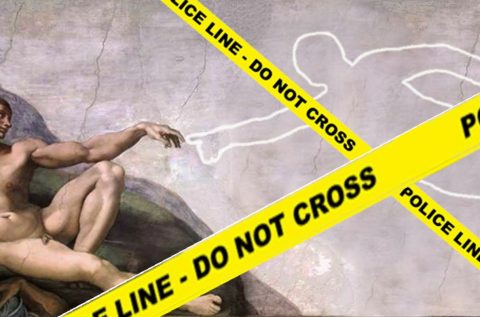As we wrap up our Vatican’t series I’d like to explore a bit further something I alluded to in my last post. Speaking of the effects of the Jesus story upon humankind, I wrote: Or to put all this in (much) less orthodox terms, maybe there is no external divine Agent accomplishing any of this, […]
Category: Vatican’t
VATICAN’T (Catholicism Without All the Uplifting Parts): Week 8 — Humanity 2.0
We have seen thus far in our Vatican’t series that with the death of Jesus came the death of an idolatrous and serpentine system according to which God is a kind of Genie in a bottle whose job is to provide us with the sense of wholeness and well-being that we lack. But if this […]
VATICAN’T (Catholicism Without All the Uplifting Parts): Week 7 — The Absurdity of the Cross
Here’s what we have seen thus far in our Vatican’t series: All humans feel an innate lack or void within ourselves. The serpent suggested to Eve in the Garden — and evangelicalism echoes this sentiment — that this sense of emptiness and incompleteness is not natural but foreign, and must be overcome by jumping through […]
VATICAN’T (Catholicism Without All the Uplifting Parts): Week 6 — The Dangers of an Early Easter
In my last post in this series I suggested that participating in the crucifixion of Christ (what Jesus sometimes called “carrying our cross”) involves a willingness to put to death our old gods, our old idols, and our old way of thinking, and moreover, we must do so without really knowing what, if anything, will […]
VATICAN’T (Catholicism Without All the Uplifting Parts): Week 5 — Divine Atheism
In our last post in this series we saw that Jesus, by his anguished cry of dereliction from the cross (“My God, my God, why have you forsaken me?”), utterly and completely subverted the American Gospel which promises that we can avoid the void if we just do X, Y, or Z. Rather than seeking to […]
VATICAN’T (Catholicism Without All the Uplifting Parts): Week 4 — The Death of God
We have seen thus far in this series that we as humans sense within ourselves a lack or a void, and further, that this void is intrinsic to the nature of reality itself. The idea, then (so prominent in Christian circles), that this sense of incompleteness is some unnatural intruder that can be overcome if […]

